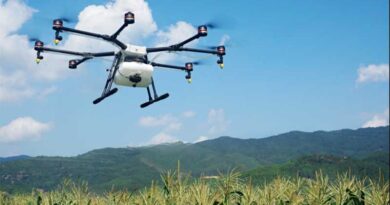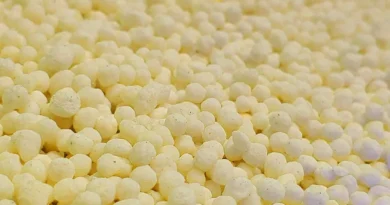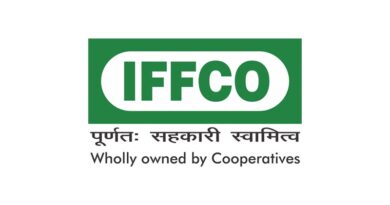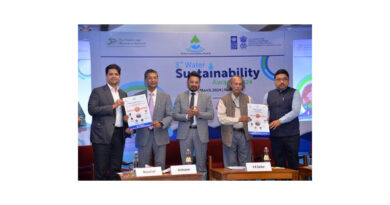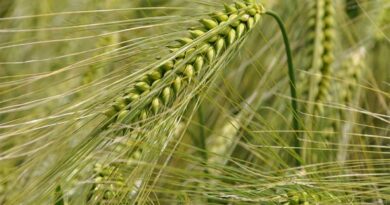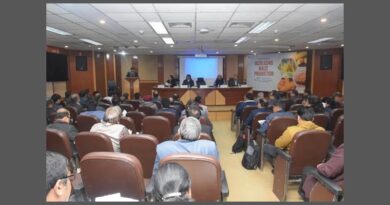Use of Nano Urea decreases Wheat yield by 20%: PAU
04 January 2024, Ludhiana: The effectiveness of nano-urea has been called into question by experts from Punjab Agricultural University (PAU). A two-year field trial conducted by Principal Soil Chemist Dr. Rajeev Sikka and Nanotechnology Scientist Anu Kalia from the Department of Soil Science at PAU highlights outcomes that are detrimental to all the efforts of farmers in building food security.
The trial was conducted to study the effect of Nano Urea on Wheat and Rice. The results of the trial highlighted negative effects on crop yield, a notable drop in protein content, and an overall rise in cultivation expenses. The findings quash the claims of IFFCO Nano Urea which says it helps to increase crop yield, better quality of food, and increase farmers’ income.
The PAU’s field experiments followed IFFCO’s Nano Urea use protocol which led to a decrease in rice and wheat yields compared to conventional N-fertiliser application.
Decrease in Yield and Nutrition
“According to the study, using nano-urea results in a significant 21.6% loss in wheat yield and a 13% fall in rice yield. The experiment also revealed that the above-ground tiller biomass and root volume was lesser in the application of nano-urea”, said Sikka.
In addition, a reduction in the nitrogen content of grains, which is necessary for the synthesis of protein may endanger the population’s ability to receive the nourishment that it needs. Another significant issue is the expense of nano-urea, which is roughly ten times more expensive than conventional granular urea.
Rather than substituting urea, farmers will use it as a top-up, which will raise the cost of agriculture. The growing environmental concerns have prompted scientists to develop more efficient fertilizers which has led to the creation of Nano urea. Nano urea was launched by IFFCO in June 2021 which contains 4% nano-N solution or 40g N per litre. It has been recommended by IFFCO to be applied twice as a foliar spray at 500ml nano urea/125 liter of water/acre.
The report concludes that nano urea requires long-term field evaluation for at least 5 to 7 years to optimize the dose and correct timing of application for crops. It also mentioned that since the results are not encouraging, the use of nano urea cannot be recommended on wheat and rice.
Also Read: Farmer must learn to market his produce: Vice President Dhankhar
(For Latest Agriculture News & Updates, follow Krishak Jagat on Google News)



